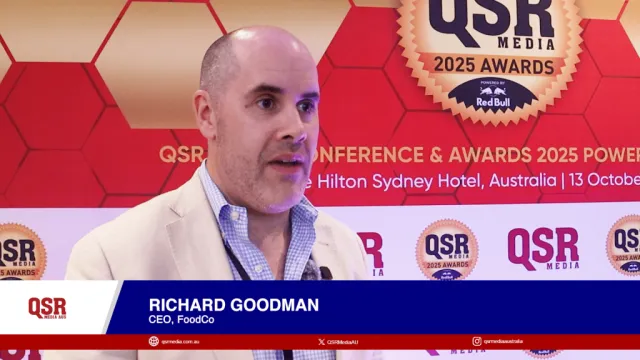Australia
How the new public holiday payment option will impact QSRs
How the new public holiday payment option will impact QSRs
An employer application to change the Fast Food award safety net - part of an initial 2-year review of modern awards by the Fair Work Commission – will soon result in a new payment option for employers and employees for work around public holidays. Fast Food employers and their ‘weekly’ employees – but not casuals - will soon be able to agree to substitute the existing extra time and a half payment for work on a public holiday, with an equivalent paid day off to be taken within 4 weeks, or have an extra day added to their annual leave. Put in another way, currently the modern award provides that employees working on a public holiday get paid a total of 250% of their ordinary rate (275% for casuals). Under the new arrangements, they can work and get paid their standard rate for the day, then get a paid day off to be taken within 4 weeks. If they don’t get to take the day off, they will get paid out the equivalent of the extra day. Cost Reduction Possible – Only By Agreement The upside for employers is that by reaching agreement with a weekly employee, the effective cost to the employer for the work on the public holiday can be reduced to 200%, down from 250%. Some employers have chosen not to trade on public holidays because of the cost of labour, meaning the employer has lost the trade on the day and the employee has not earned penalty rates for the day. The employee and employer are entitled to a fresh choice of payment or time off by agreement on each occasion work is performed on a public holiday. If there is no specific agreement (which should be evidenced in writing for proof purposes), then the default position of the 250% holiday penalty will apply. The change will apply to all non-casual employees covered by the Fast Food Award, but won’t change conditions for employers and employees covered by enterprise agreements, unless the arrangement is already permitted by the agreement. With the decision only handed down on 30 September 2013, at the date of this article the Fair Work Commission is yet to issue the orders making the changed conditions legally effective.
Top Juice keeps an eye out for Hornsby’s local heroes
A month’s worth of free Top Juice is up for grabs.
Warren Billet joins the Pacific Retail team
He’s the former RFG Regional Development Manager.
Guzman Y Gomez unveils first ever store in Central Coast
They’re giving away free burritos on opening day.
RFG's expansion boosts store training scheme
There were almost 200 recruits last year.
Retail Savvy Group recognised as finalist in AHA category awards
Winners will be announced on 18th November 2013.
Eagle Boys teams up with MOTHER in latest national promo
30 Xbox games will be up for grabs.
The Coffee Club set to launch 14 new stores by Christmas
It will feature a modernised store design.
Noodle Box reveals plans to unveil 65 stores in the Middle East
They recently opened their 2nd store in Mauritius.
Zarraffa’s Coffee unveils first drive thru store with dual exits
It is located at Ferry Road.
Eagle Boys Pizza all set for footy finals
The Grand Final is on the 6th of October.
Macca's set to give away Hyundai i30 in latest promo
Check out what QSRs have been up to on social media.
You won't believe the challenges in developing artisan products
Check out part 2 of the interview with industry experts.
What you must not forget when dealing with Rent, Wages
When asked the question on what are some of the hottest topics in QSR small businesses, one can always stop and ponder, as there are many areas that become the latest hot topic, however there seems to be some basic ground rules that can be forgotten.
Guess what recent innovations The Cupcake Bakery's planning
See the exclusive interview here.
Subway debuts latest ‘I Got It Made’ campaign
It aims to celebrate the individual.
Westfield Sydney launches new ‘Dining to Go’ service
It’s the latest ‘commuter dinner dash’ service.





























